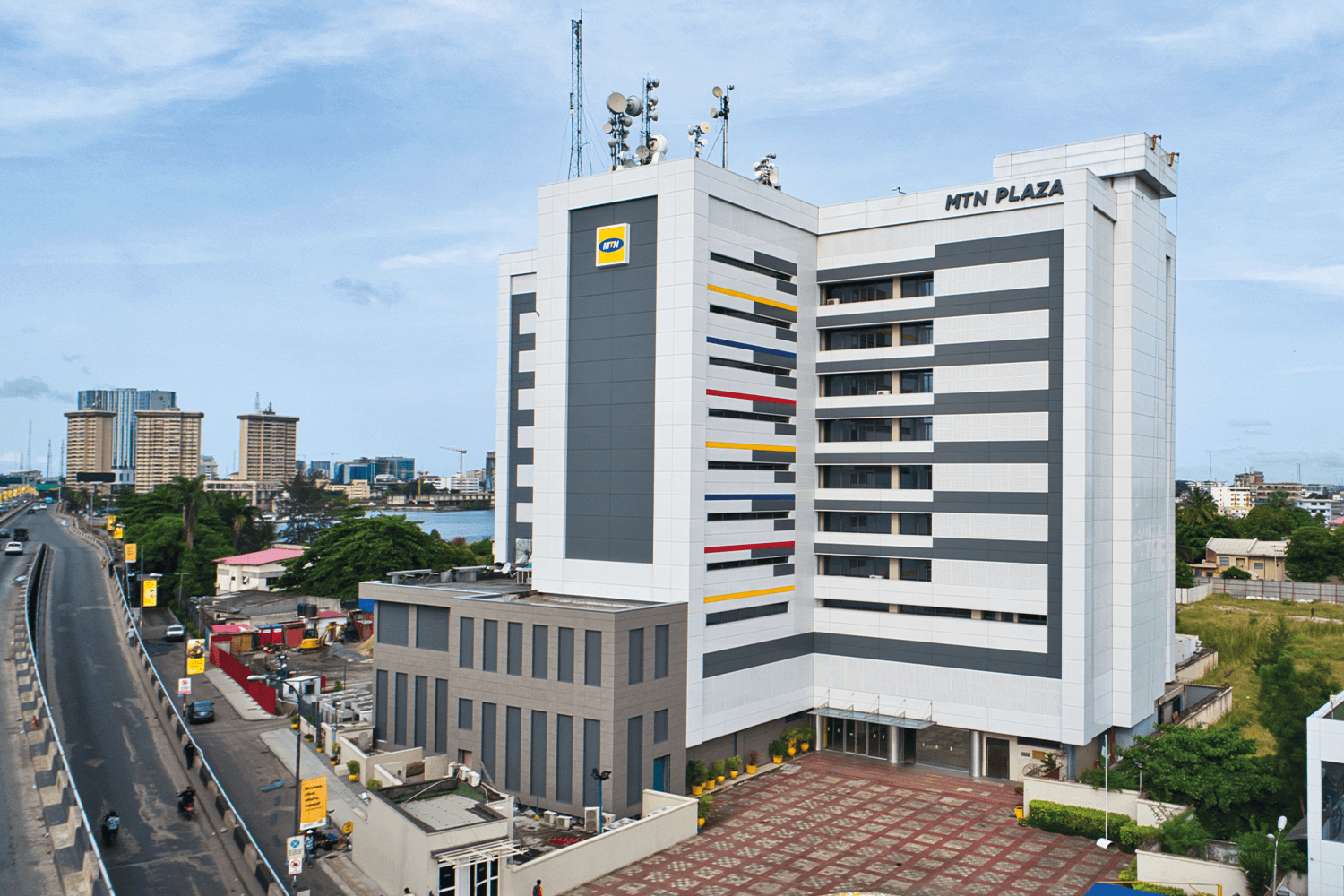Ride-hailing drivers in Kenya may protest again on Wednesday after a strike from July 15th to 19th did not produce the expected results.
The drivers, through associations like the Organisation of Online Drivers Kenya (OOD) and Ridehail Transport Association, are asking for involvement in pricing decisions, improved security features, and a revised system for deactivating drivers following security reports.
Drivers have repeatedly said the current pricing model benefits the companies at their expense. They argue that the current system, where platforms take an 18% commission and the government takes another 16% (of their commission) as VAT, eats into their profit margins.
The drivers also want a 24-hour customer care line amid claims that the response time when they report security issues in the app is slow.
“The SOS button on the app does not always work as advertised. We also do not like cases where security issues are reported via support chat. We want to speak to a real person on the phone,” said OOD deputy chairman Dennis Nyariki.
OOD has also faulted the apps for unfairly deactivating driver accounts. The body claims the apps unjustly deactivate accounts based on customer complaints, even when the fault may lie with the passenger.
“Sometimes, when a customer is at fault and reports a trip through these apps, their account may be deactivated while an investigation is conducted, said one Bolt driver who asked not to be named. “Since some of our vehicles have been bought with loans, such deactivations put us at risk of defaulting on our monthly payments.”
Last week, OOD, led by deputy chairman Dennis Nyariki, submitted demands to all Kenyan ride-hailing companies but has yet to receive a response.
“They haven’t responded formally, and our demands have not been met. We will most likely proceed with demonstrations from Wednesday until they bow to our demands,” Nyariki told TechCabal.
Uber told TechCabal it received the demands last week and is “following the due process, which includes relevant consultations to review the matters raised.”
Last week, OOD demanded that Uber, Bolt, and Faras temporarily suspend their operations while they address current concerns. This demand has been criticised, with an executive who provides background checks for Bolt drivers calling it “outrageous.” That person argued that drivers are free to choose which platform to use and that these platforms have made taxi services more affordable for riders.
Another expert claimed that this move could mark the beginning of the end for drivers. “Before Uber, people rarely used taxis due to the high costs.”
Uber and Bolt acknowledged driver concerns and the strike on Monday last week; Uber told TechCabal that it was “closely monitoring the situation and making every effort to minimise disruptions for users.”
Have you got your early-bird tickets to the Moonshot Conference? Click this link to grab ’em and check out our fast-growing list of speakers coming to the conference!





















